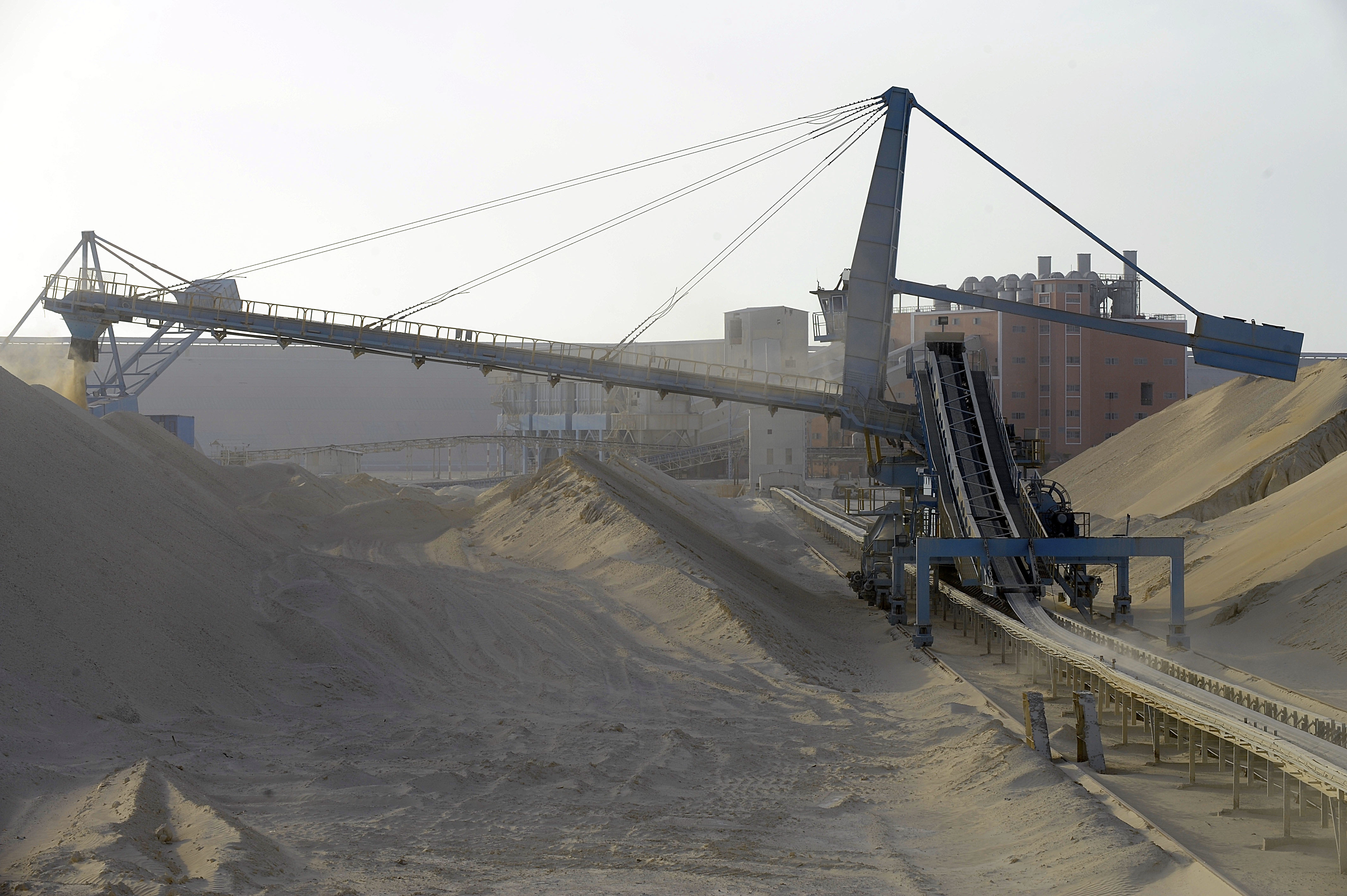The U.S. Department of Commerce said on Tuesday (24 November) it would set preliminary duties on phosphate fertilizer imports from Morocco and Russia, after launching an investigation launched in July on petitions filed by U.S.-based fertilizer company Mosaic Co to determine if producers in these countries were receiving unfair subsidies. The preliminary duties of 23.46% were set on imports from Morocco’s producers, including OCP Group, and 20.94% on those from Russia’s Phosagro, 72.50% on EuroChem and 32.92% on all other Russian producers.
The OCP Group has issued a statement, in which it „acknowledges the U.S. Department of Commerce’s decision to impose preliminary countervailing duties of 23.46% on U.S. imports of Moroccan phosphate fertilizers in response to a misguided petition from the Mosaic Company.“ The Moroccan company added that it continues „to strongly believe there is no basis for the imposition of any duties on Moroccan fertilizer imports to the U.S. Such duties will hurt American farmers by denying them access to a reliable source of vital crop nutrients – and they come at a time when U.S. agriculture is already struggling with a multi-year downturn in earnings. We cooperated fully in this first phase and will continue to make our case in the second phase of the process, due to be completed by March 2021. We remain confident that by the end of this process it will be clear there are no grounds for imposing countervailing duties on Moroccan fertilizer imports. The OCP Group is deeply committed to remaining an important and innovative partner to U.S. farmers.“
Last year, imports of phosphate fertilizers from Morocco were valued at about $729 million and from Russia at about $299 million, according to data from the department. An oversupply in the phosphate market hurt prices for the fertilizer in 2019 and early 2020. While strong demand from Indian and Brazil has helped boost prices more recently, the gains have been limited due to the excess stocks. Canada-based Nutrien, the world’s biggest fertilizer maker by capacity, took an impairment charge in the third quarter, citing “less favorable” long-term outlook for phosphate prices and excess supply. A final decision by the commerce department is expected on 8 February, followed by the International Trade Commission’s final decision on 25 March, with the issuance of an order on 1 April. Historically, once preliminary duties were imposed, they have not changed materially between preliminary and final determinations.
As reported earlier, the Trade Alliance to Promote Prosperity (TAPP), a coalition of U.S. companies, workers, trade associations, opinion leaders, lawmakers and policymakers, denounced the decision by U.S. International Trade Commission to continue investigations concerning phosphate fertilizers being imported from Morocco and Russia. The TAPP said that the Commission‘s investigation „reeks of crony capitalism“, as it came at the request of the giant Mosaic Company, which owns a majority of the phosphate fertilizer production in the U.S. Imposing tariffs on phosphate imports from Morocco and Russia would increase the prevailing cost of phosphates in the country, the TAPP warned, and allow the Mosaic Company, with its $19 billion-plus assets, to raise prices for its phosphate fertilizers.




